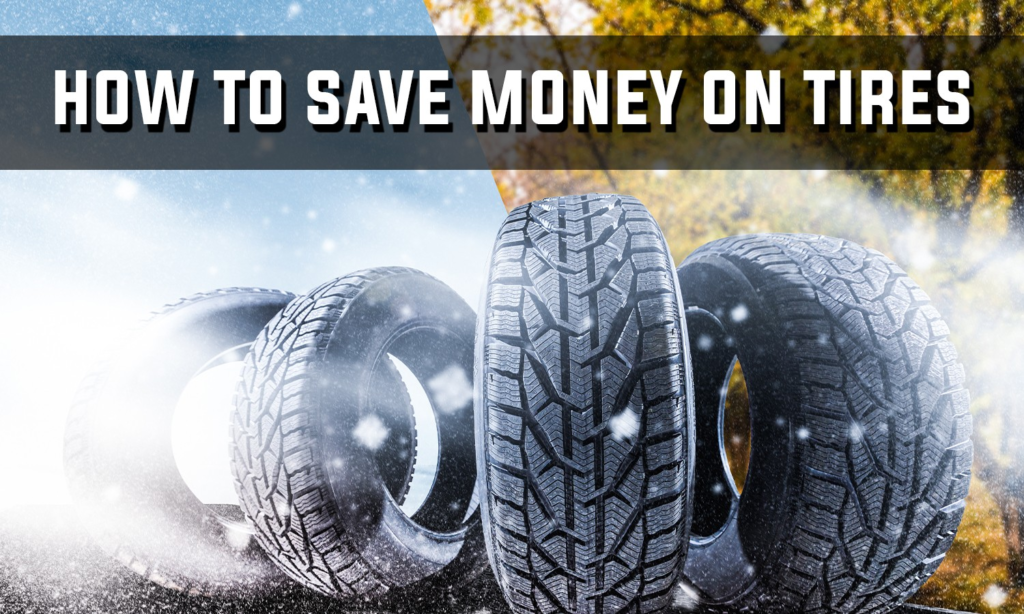You have likely noticed a significant increase in tire prices. Reports indicate that from 2020 to 2023 the average price of passenger tires rose by approximately 15-25% and even steeper increases in high-performance and specialty tires. In today’s market, we’re all looking for ways to save money, but neglecting your tires shouldn’t be one of them. This is why Scott’s Automotive is passing on our savings to YOU, by selling a wide range of tire brands in a variety of price points AT COST!
How do you know when you need tires?
When you come in to Scott’s Automotive & Tire for your regular maintenance, our technicians will perform a full digital safety and reliability inspection on your vehicle and share their findings with you via email or text. They will include photos if any recommendations are made.
- Tread Wear: We recommend replacing tires when the tread depth is 4/32 of an inch or less. While some say you can go until 2/32, the less tread you have creates more safety concerns.
- Seasonal Changes/Extreme Climates: If you live in an area with harsh winters, consider switching to winter tires before the first snowfall. If you live in a warmer climate, heat will cause rubber degradation and potential blowouts.
- Age of Tires: Even if tread depth is adequate, tires should generally be replaced every six years, as rubber can degrade over time.
- Performance Issues: If you notice issues like vibration, pulling, or decreased handling, it may be time to check your tires.
Scott’s Automotive & Tire Centers is here to take care of all of your automotive needs! Find a location nearest you or schedule an appointment online at www.scottsauto.com


